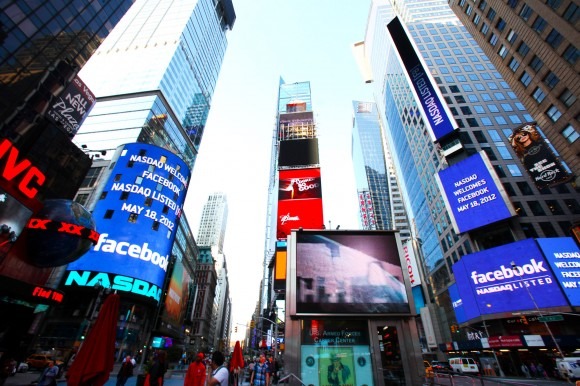"In retrospect, it was incorrect" says NASDAQ on Facebook IPO
NASDAQ today is letting investors know that they will not necessarily get "dollar on the dollar" compensation for the losses they experienced at the hands of the blackout felt at the start of Friday's Facebook IPO. It's not that NASDAQ doesn't want Facebook as a stock anymore, nor that they regret working with Facebook in the first place, it's just that they wish they'd not started the day on the wrong side of the bed, so to speak. A conference call between brokers and NASDAQ at Tuesday's close of the market had NASDAQ OMX Group's Eric Noll saying that trading "by no means would have gone forward" if they'd known problems would arise.
Noll noted today that "in retrospect, it was incorrect" of them to go forward with trading at Facebook's Initial Public Offering day on Friday. Noll refers of course to the incorrect interpretation of delay problems which resulted in more than two hours delay in investor results in some cases. This disruption has investors disturbed at the results of this error and filing complaints as such, this prompting Noll to note that NASDAQ cannot promise that they will be able to compensate traders for their losses as a direct result of the system failure on Friday.

NASDAQ's own board will need to sign off on any loss repayments, and regulatory approval will be needed as well, so asserted Noll. Brokers on the conference call were informed that Facebook officials and NASDAQ's exchange operator have been in touch since the blunder on Friday and that conversations were "ongoing." Noll also assured brokers that high-frequency trading firms played no roll in the delay on Friday. It appears instead that NASDAQ's "struggles to match up buy and sell orders to form opening trade," as the Wall Street Journal put it, were to blame for the first couple of hours mishaps in trading on Friday.

Check out our timeline below of the Facebook IPO saga that's still unfolding now, and take note that on opening day, the stock hovered at right around $40 USD. Today the stock has essentially plummeted down to $31 USD per share – not too great!
[via Wall Street Journal]
